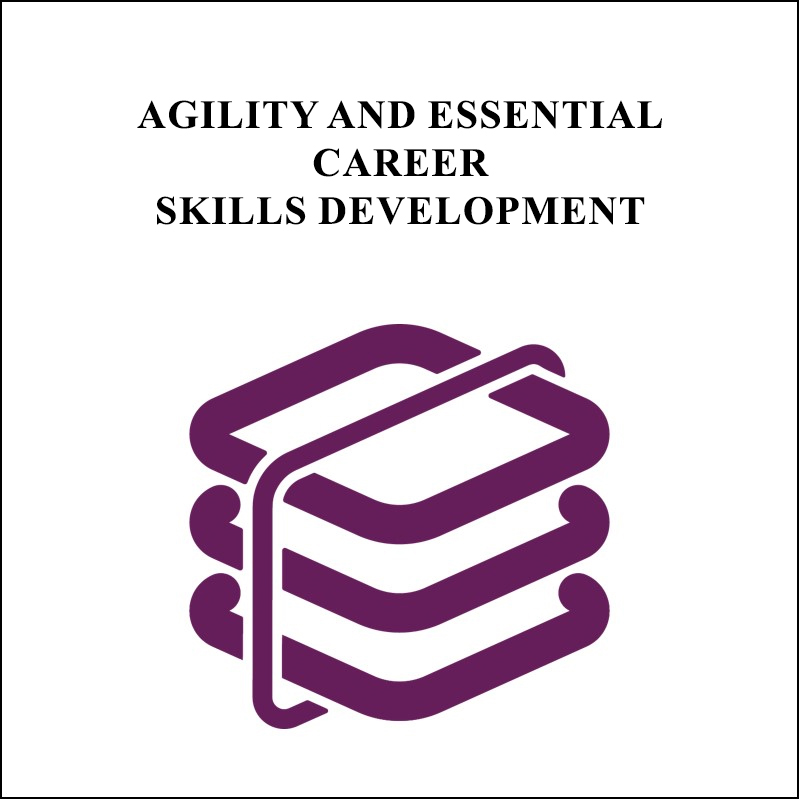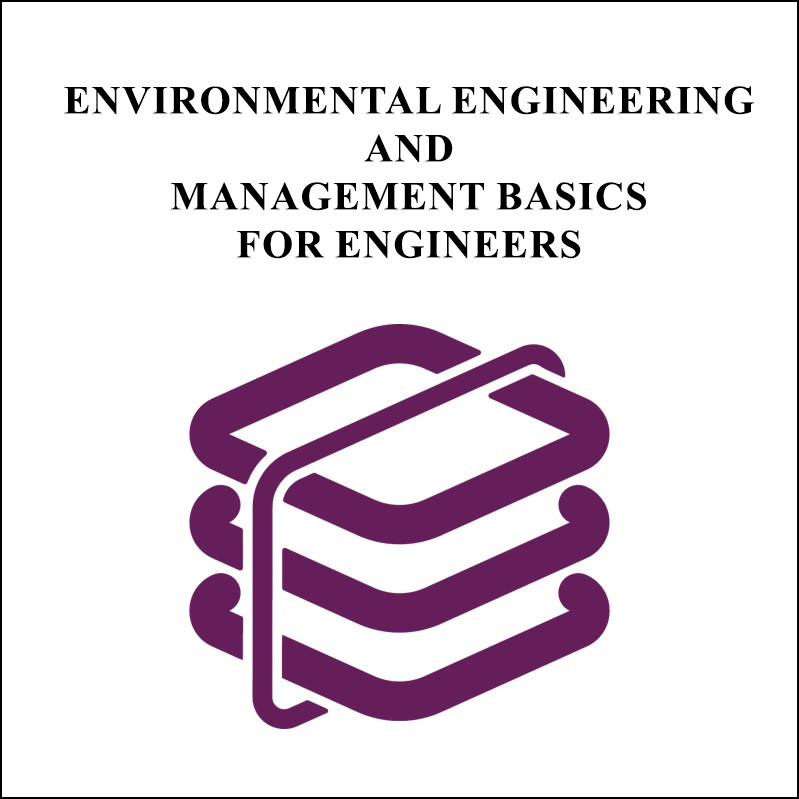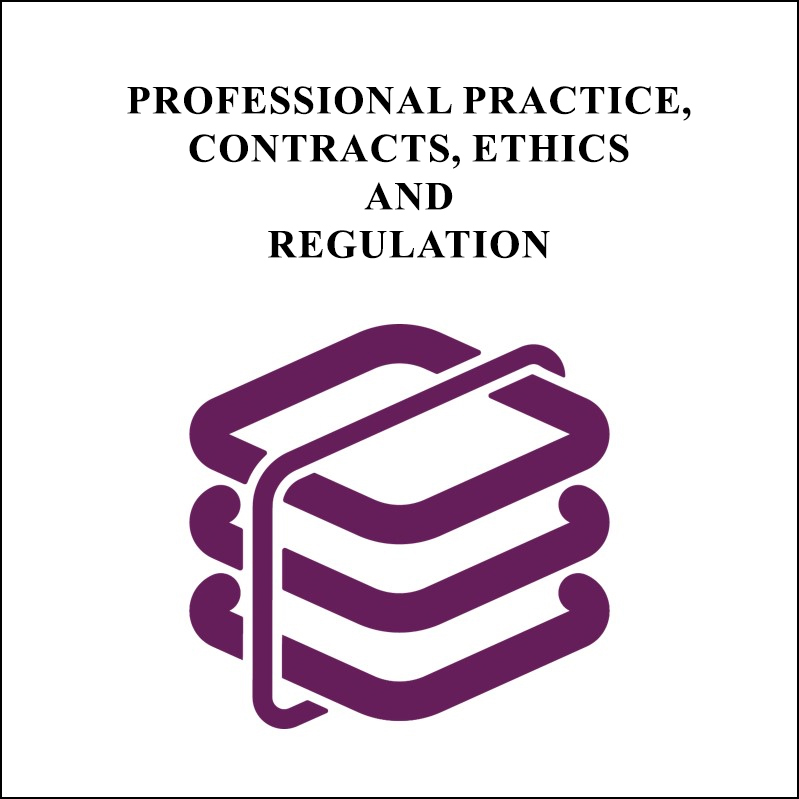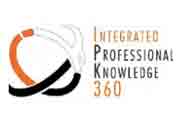Global Innovations and Technical Solutions (GITS)
History
In the last fifteen years sustainability has risen to the very top of the agenda for engineering. This is due to the great challenges of diminishing resources, ecological degradation, and climate change that face humanity at present. Sustainability has also become a key concern for government policies, businesses and the general public. Model cities are moving forward towards novel ecosystems, combining environmental, social and economic issues in more inclusive and integrated frameworks. There is a huge challenge in using innovative ideas regarding design, materials and products. In addition; using non-polluting processes and implementing technologies to conserve energy and natural resources, has become a new and strenuous challenge to overcome. Addressing these challenges and maintaining the world's principal sources of innovation and economic growth will be essential to human sustenance in the coming decades. Consequently clients expect expertise and knowledge-driven consulting engineering companies to deliver ever more innovative and effective solutions for less.
Global Innovations and Technical Solutions (GITS) was incorporated in Ontario, Canada in 2003 in response to these concerns with the aim of developing intelligent ICT, technology assessment and selection, environmental and community-driven solutions and services to promote sustainable development particularly in Africa. These solutions derive from the application of our systematic, integrated and strategic approach (SISA) approach. In addition, frugal engineering and action research to support institutional strengthening and developing engineering capabilities in municipal and local governments, private sector, non-governmental organizations and communities, as well as having economic and equitable access to the fundamentals necessary for sustainable development.
Sustainable solutions
Science and engineering research are gaining more influence in the 21st century than they had in the 20th century. Increasing interconnection of computers into a global network is transforming all aspects of human endeavour; work, communications, entertainment, and education. Consequent globalization has inexorably integrated markets, nation-states, and technologies to a degree never witnessed before - enabling individuals to reach around the world further, faster, deeper and cheaper. Charles M. Vest, President Emeritus, and a Professor of Mechanical Engineering, Massachusetts Institute of Technology for thirteen years and the immediate Past President Emeritus, National Academy of Engineering, Washington, District of Columbia points out that when the automobile was introduced into the market, it took 55 years, essentially a lifetime, until a fourth of U.S. households owned one. It took about 22 years until 25 percent of U.S. households owned a radio. The World Wide Web achieved this penetration in about eight years. Professor Vest argues that such acceleration drives an inexhaustible thirst for innovation and results in producing competitive pressures. Professor Vest further says that the spread of education and technology around the world magnifies these competitive pressures many fold. Globalization is changing the way in which engineering work is organized and in which companies acquire innovation.
Professor Vest argues that even more dramatic in the knowledge age are the changes brought about by globalization and competition. This has resulted in in new engineering frontiers and grand challenges. He thinks of two frontiers of engineering; tiny systems and macro systems. Each has to do with scale and each is associated with increasing complexity. The first is the macro systems frontier that involves larger and larger systems of ever increasing size and complexity and of great societal importance: energy, infrastructure, healthcare and education, etc. Research, development, and the design and deployment of projects for such systems frequently requires teams of engineers and backgrounds in other disciplines such as social science, management, and communications. The second is the micro or nano systems frontier that has to do with smaller and smaller spatial scales and faster and faster time scales - the world of so-called bio/nano/info. This melds physical, life, and information sciences, offering stunning possibilities in multi-profession environments.
New ways of thinking, and new business models, including sustainable production, products, service systems and consumption based on new materials, optimized resource management, and new energy sources, will need to be integrated into engineering to meet sustainability challenges posed by these changes. Engineers of the future will play a crucial role designing and building technologies and products that meet human needs for utility and sustainability employing smart materials such as; recycling e-waste, water utilization, solar cells, product lifecycles, transportation and reverse manufacturing.
Using a systems-based approach to integrate technological and the NBIC (Nano/bio/info and cognitive science) convergences into engineering at present, we are continuing to develop the systematic, integrated and strategic processes and services to providing multi-disciplinary consulting services focusing on the engineering, healthcare and educational sectors.
Knowledge-Driven Engineering
Engineering in companies tends to be fragmented across different functional and disciplinary units, distributed across companies along the value chain, requiring input from experts from a variety of disciplines using different methods and tools. Optimization of this structure requires highly coordinated effort to synergise work and information transfer to avoid sub-optimal decisions, wasted knowledge and experience.
Consequently clients expect expertise and knowledge-driven consulting engineering companies to deliver ever more innovative and effective solutions for less. These services will;
- Consist of creating new methods or new products or an innovative combination of already existing products or methods.
- Anticipation of client requirements consisting of applied R&D to develop precise technical solutions to given problems
- Improved design of methods and organization of projects.
Further, the creation of conditions for knowledge-based work is one of the biggest challenges of the 21st century says Dr. A. P. J. Abdul Kalam, an eminent scientist and engineer, President of India from 2002 to 2007 and the chancellor of the Indian Institute of Space Science and Technology. Dr Kalam suggests that with the capabilities developed in various parts of the world in the last several decades, we need to create innovative partnerships in world knowledge platforms to face the current challenges of economic turbulence and to create a new vibrant and inclusive world of the 21st century.
"Great leadership is not about solving problems after the fact, but foreseeing potential problems and eliminating them before they occur" Jack Welch, former CEO of General Electric, once said. Keeping abreast of present trends and increasing rapid change, we at GITS have been developing, testing and launching an advanced online cloud SAAS platform for engineers through which we hope to address the advanced competencies development amongst engineers.
Reverse Technology Transfer and Inclusive Innovation
Inclusive innovation has become an important topic in innovation circles to help excluded populations in emerging and developing countries to reap the benefits of economic growth. To make innovation inclusive, it is essential to have the public sector; private enterprises and venture capitalists develop partnerships, with the government supporting such ventures through specific policies to enhance the country's innovative capacity. These stakeholders also need to take a lead in driving formal education to cultivate innovation, create knowledge exchange platforms, develop problem solving skills, and fueling innovative research.
Recognizing that community and economic development occurs in a continuum in the knowledge discovery process we have developed a community action research mechanism that integrates multi-stakeholder engagement in knowledge exchange based on:
- The operational environment that derives from human interactions in a collaborative or competitive situation.
- The physical environment that on the other hand is controlled by access to limited natural resources.
We are developing pathways to mobilize knowledge and promote technical solutions and innovations that translate our ground-breaking community action research into engineering solutions suited to the particular needs of Africa. These are developed in conjunction with our Kenyan partners, GITS Consulting Services and tested by a global engineering community made up of nearly 5000 professionals drawn from over 130 countries. These solutions incorporate such core elements as creating buying power, shaping consumer aspirations, improving access and tailoring local solutions that are essential to driving consumer development.
Advanced Competencies Training (ACT360)
Welcome to Advanced Competencies Training (ACT360) for Engineers
1. Welcome to ACT360, our unique global portal designed to support self-motivated professional and graduate engineers to get up to speed on the latest developments and trends in engineering, enhance their skills, and share knowledge through self-paced on-line learning. Our on-line advanced competencies training is offered through our Integrated Professional Knowledge (IPK360) platform that derives from real-time skills-gaps analysis and engineering trends and technology in learning. To learn more about our real-time analysis visit www.talenthunt360.com
2. IPK360 - Integrated Professional Knowledge Academy
This is a global knowledge platform that offers Advanced Competencies Training for lifelong-learning and innovation for engineering graduates and professionals. By connecting professional and graduate engineers, institutions, employers and other stakeholders in the engineering fraternity this platform promotes innovative and sustainable solutions to emerging challenges. Our focus is on understanding emerging paradigms, frontiers and needs in engineering to manage rapid change, convergence of technologies, innovation, globalization and emerging skills demands in this profession. To access Our advanced competencies trainings and courses dive into our catalogue of virtually facilitated and self-paced courses as listed below.
3. Catalogue of virtually facilitated and self-paced courses
Agility and Essential Career Skills Development
Courses in this Bundle are:
Course Length: 34 Hours |
Environmental Engineering and Management Basics for Engineers
Courses in this Bundle are:
Course Length: 31 Hours |
Professional Practice, Contracts, Ethics and Regulation
Courses in this Bundle are:
Course Length: 27 Hours |
1.1 Integrated Professional Knowledge (IPK360)
This free introductory workshop provides an insight into the founding principles of IPK360 based on skills-gaps driven Advanced Competences Training workshops.
Course Length: 2 Hours |
1.2. The Skills Gap Model of Life-long Learning
This workshop derives from the rapidity and magnitude of changes that are changing the ways in which professionals learn, apply and gather knowledge.
Course Length: 2 Hours |
2.1 Advanced Communications Training for Engineers
This 10 hr Course of four workshops on advanced communications training focuses on the changing nature of communications in engineering.
Course Length: 10 Hours |
3.1. Career Planning-Engineering, Environment, ICT
This 10hr course is for graduates in engineering, intending to enter related ICT and environmental fields to define their career paths based on real-time labour market intelligence
Course Length: 10 Hours |
4.1 Preparing for Global Professional Practice
This is a 12 hour course comprising six workshops on the dynamics of engineering practice and regulatory cultures around the world.
Course Length: 12 Hours |
4.2 Professional Engineering Practice, Ethics and Law in Kenya
This course comprises three workshops on Professional Engineering Practice, Ethics and Law in Kenya
Course Length: 6 Hours |
5.1. Renewable Energy Applications and Incentives
This 10hr course covers solar, wind, water and biomass forms of renewable Energy
Course Length: 10 Hours |
5.2. Disruptive Innovation and Digital Engineering
This course comprises three workshops on disruptive innovation and theory, understanding disruptive technologies and digital transformation and engineering
Course Length: 10 Hours |
5.3. Climate Change Basics for Engineers
This course comprises four workshops aimed at helping professional, consulting and graduate engineers to understand the basics of climate change as these pertain to the engineering profession:
Course Length: 12 Hours |
Course 5.4: Industrial Wastewater Treatment and Regulatory Compliance
The course comprises four workshops on the basics of industrial wastewater management.
Course Length: 9 Hours |
6.1: Public Private Partnerships - Basics for Engineers
This course comprises three workshops aimed at helping professional, consulting and graduate engineers to understand Public Private Partnerships
Course Length: 9 Hours |
4. Talenthunt360 Cloud Platform
ACT 360 derives from Talenthunt360.com - The first of our innovative intelligent engineering offerings includes our global engineering talent optimization platform:
Through this SAAS cloud platform we bring the right people together to solve challenges with innovation, professionalism and commitment as the major ingredient for sustainable solutions. A wide breadth of expertise is necessary to respond decisively and on time, to clients where complex variables and change are daily challenges. Through this platform we are leveraging the skills and knowledge of over 5000 professionals to optimize talent, integrating workflows, capturing and optimising use of knowledge and experience and facilitating cross-disciplinary knowledge-sharing and collaboration. Talenthunt360 is a pioneering and inventive brand dedicated to discovery, ideation, creativity and learning. It is for the passionate and energetic engineer and stands for all things respected in engineering. It aims to provide a fair standard and opportunity for all engineers to access knowledge, to be measured, to learn and to compete.





